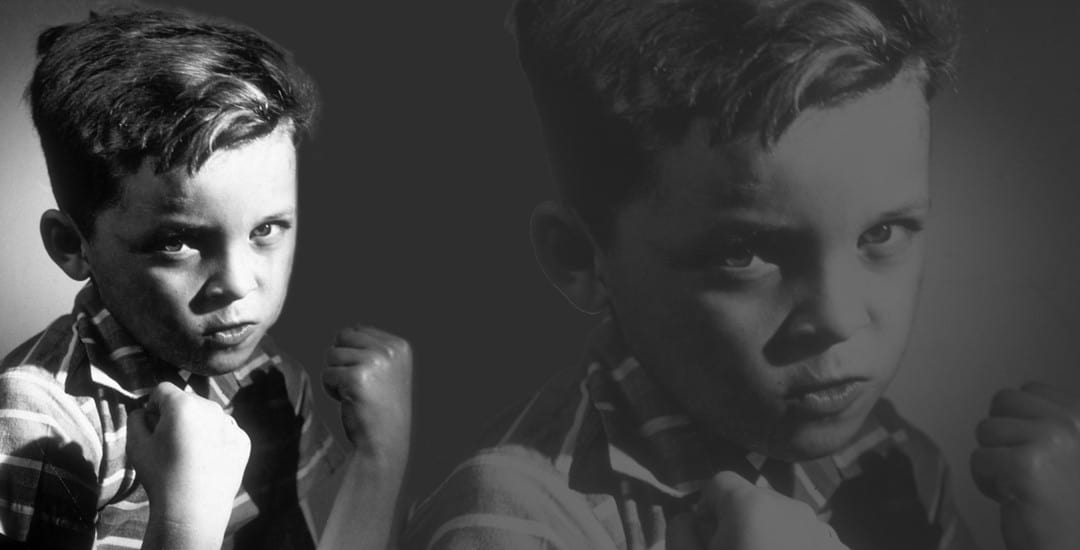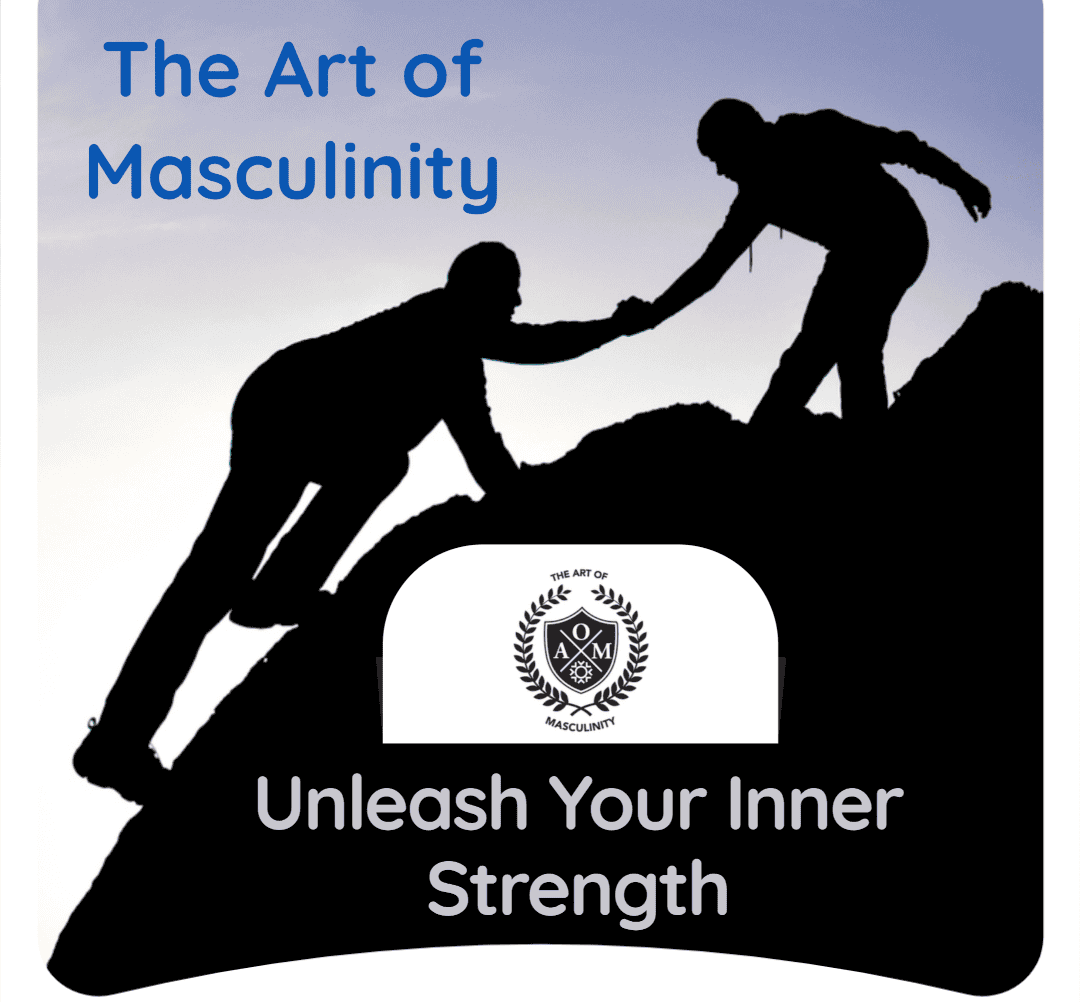Dan Kempner Contributing Writer
There’s a classic scene in Good Will Hunting where a young Matt Damon’s character is challenged by his girlfriend to reveal something – anything – about his family.
“Do you have lots of brothers or sisters?” Minnie Driver’s Skylar asks and eventually he answers that he does. Twelve.
“You do not have twelve big brothers,” she says.
“I swear to God. I swear to God. I’m lucky thirteen, right here.”
“Do you know all their names?”
“Do I … yeah, they’re my brothers.”
“What are they called?”
And of course, without hesitation…
“Marky, Ricky, Danny, Terry, Mikey, Davey, Timmy, Tommy, Joey, Robby, Johnny and Brian.”
“Say it again,” Skylar demands.
“Marky, Ricky, Danny, Terry, Mikey, Davey, Timmy, Tommy, Joey, Robby, Johnny and Brian,” he responds.
What makes this charming vignette powerful, we learn later, is that it is fiction. Will has no brothers, no sisters, no family at all. The brotherhood in his life all comes from a cadre of friends from his neighborhood who, in the words of Robin Williams’ psychologist, are family who would “lie down in fuckin’ traffic” for him. One thing seems clear from this scene at least: Will felt that made-up brothers were better than none.
As a kid who had no brothers, I thought that to be true. I had no protector and no one to protect. An older brother might have kept me safe, raised my caché, and perhaps guided me in the crises all little boys encounter. And I watched other brothers figure out what that really meant as our family’s friends and neighbors had more and more kids, and as we moved from place to place.
Yet I remember vividly, as a somewhat larger and more mature 11-year-old than most, the time Mickey, a smallish kid and the neighborhood bully, was beating up on my friend Gary from down the block.
“Okay you fucker, that’s it! I’m gonna go get my big brother Joey, who knows Karate, to kick your ass. You’d better watch yourself, kid. Kid! He’s gonna get you, you little bastard.”
Gary’s family was important to me, not the least because they had a color television on which I was frequently invited to watch the Maple Leafs games. In those days “color” was more like the northern lights than the digital perfection of today, garish hues shifting and changing randomly. Huge “rabbit ear” antennae needed constant attention. They had to be moved left and right, back and forth, and they invariably keeled over at some point into the soup or knocking over your Coca Cola. The tin-foil balls atop them had to be crushed to exact tolerances so they wouldn’t fall off and roll behind the huge solid-state console. We had to sit near the screen, our very electric fields charging the aurora to new heights of greens and reds. But at least our bodies discouraged the ubiquitous screen ghosts, and we were close enough to monkey constantly with the “vertical” dial, which made viewing such a misery when the weather was bad. But it was color, and the rest of us didn’t have it, and we could watch the Leafs even if their blue uniforms were tinted a hideous electric-lime shade never found in nature.
That made an invite to Gary’s house highly desirable.
Gary, though, was a blusterer: a barrel-shaped weenie with a loud mouth who needed occasional rescuing from a cruel and indifferent world. Now and then I was the Galahad who happened by and tilted with whatever large and dangerous knight had decided Gary’s whining and accusations did not merit forbearance. This time it was Mickey.
Now why an undersized little shit like Mickey was able to terrorize the neighborhood can be rendered down to a simple cry, one we all feared to hear when things didn’t go his way on the playground or in a dispute. The cry was this: “Okay you fucker, that’s it! I’m gonna go get my big brother Joey, who knows Karate, to kick your ass. You’d better watch yourself, kid. Kid! He’s gonna get you, you little bastard.”
On this particular day, the basketball game was especially contentious in front of Bob’s house. Now, that house may have been the most important one on the block for me, other than my own. Bob was a grownup with a wife and baby who loved to play with the kids almost any time he was home. He had a basketball backboard and net – the only ones within a mile radius of us, perhaps, outside of the school gymnasium – nailed above his garage door. We were allowed to get the ball from his wife, Brenda, and play even when Bob was not home. But the real value in Bob’s house was not discovered until I was asked to babysit one evening: just hang out, watch TV and keep an eye on the little kid just in case – here’s Brenda’s mom’s number if you need it, we’ll try to call from the theater if there’s a working phone, be home by eleven and so on.
That was the plan. Until I saw the Playboy magazines piled carelessly – brazenly – on the coffee table. I had never seen one up close before. We didn’t have such things in my home. I saw these up close, very close, for most of the night. And got paid for it. I loved going to Bob’s house. God help them if there had been a real emergency. I certainly had no idea what to do.
So on this particular day we’re playing roundball and the rules, as often happened, were in dispute. Gary loudly brayed his opinion on one side and Mickey shrilled on the other. Some of the kids saw what was coming and took off. I stayed and caught the punch heading for Gary’s ear in my left hand before it landed. I held Mickey’s fist in mine, grabbed the other which was swinging wildly, and held that too. Mickey struggled but he was just too small. He raged and wriggled until finally tears of frustration were leaking from his eyes. Predictably Gary, that loudmouthed weenie who fancied himself safe for the moment, got an inch from Mickey’s wet, red face and taunted him.
“Go home, you fool!” I bawled, but the damage was done: Gary had seen me humiliate Mickey and that was not tolerable: it was about to be Big Brother time.
A day passed, and another, and I flitted around the neighborhood when I had to go out at all. Brian stayed close and on the third afternoon, as we entered an alley, we heard Joey’s voice calling from the mouth of the street. Instinctively we both fled, pelting away down the alley. Yet after maybe ten long, frantic strides, I pulled up short. I turned, and my guts turned with me, but there was nothing for it, I knew. Running, truly or metaphorically, was not an option.
So I walked steadily back up the alley and stood at bay in front of the much older and larger Joey. Brian, I knew, had paused in place, like one of those Star Trek moments where the crew is caught in a time distortion while only the main characters still have volition to cope with the emergency.
Joey looked down at me.
“Hey,” he said, talking out of the side of his mouth. “Don’t worry about it. Don’t pay any attention to my kid brother, he’s an ass. Okay? I’m not gonna hurt you”
I have no idea what, if anything, I said, but I walked home next to Brian with a greater sense of pride than I remember before and possibly since. I had saved my friend from a beating, although the likely cost was known to me, and at the last extremity had faced my fate and walked towards it calmly.
It’s a shame, in some ways, that my finest hour came in 1971. Yet so it was.
And it’s probable that, if I’d had a big brother I would not have acted as I did. I would likely have run to him for protection and my best moment would have evaporated with a little sigh and boiled off into the atmosphere. It is also clear that the Big Brother of Mickey’s fantasies was just that: a tool to help a little boy act bigger. Under test, his own conception of brotherhood also wafted – a few molecules at a time – towards the stratosphere. Finally, it is abundantly clear that If I’d had an older brother to threaten kids with, I might have been an even bigger shit than Mickey.
In short, as Mickey and I both learned, the fantasy of brothers – whether you actually have one or not – may be chimerical. If Marky, Ricky, Danny, Terry, Mikey, Davey, Timmy, Tommy, Joey, Robby, Johnny or, yes, Brian, had actually been there, we might have had some rare times … but perhaps it’s best this way.


Really enjoyed reading this, and appreciate your writing skills. I got sucked into the story.
Where did you learn to write like that?
Hi Mark.
Sorry, I just saw this today for some reason. I just read a lot, I guess, and I’ve been in love with words for a long time. Not sure where I learned it, but I truly appreciate what you said. Having a reader ‘sucked into the story’ is about the highest praise I can think of. Thanks Mark.
Nice trip back to the ’70s. We seem to be about the same age, so I related to the vibe of the story, especially the magic of color TV.
At the age of 3, playing a version of Zorro with neighbor kids, trying figure out which character in the story I was, I understood I was not a hero, nor was I a villan. Which seemingly made me the cowardly sidekick.
I learned much later that I’m not actually that person. The fourth or fifth time I faced actual danger and noticed that I running toward it, not away, made me rethink my place in the world.
The best rationale I can conjure is that I was much smaller and weaker (and years younger) than my siblings, leading me to believe from a time before I can even remember that I was in fact unable to defend myself or make an impact in a situation where action was needed.
My siblings weren’t bullies, but I’d guess there were plenty of moments where they were having fun with me, I didn’t like it, but was powerless to stop it.
Your take on the different psychologies of being an older or younger sibling is interesting in that many people probably live with ingrained notions of themselves or others directly stemming from the kinds of early childhood interactions you described (and a plethora of others), and have no idea where the feelings formed or what to do with them.
I know I’m years late to this party, but there’s my two cents.